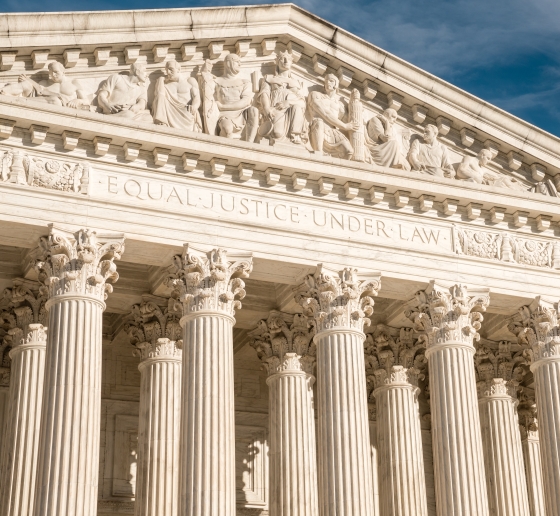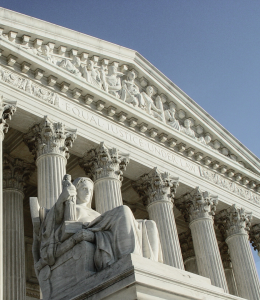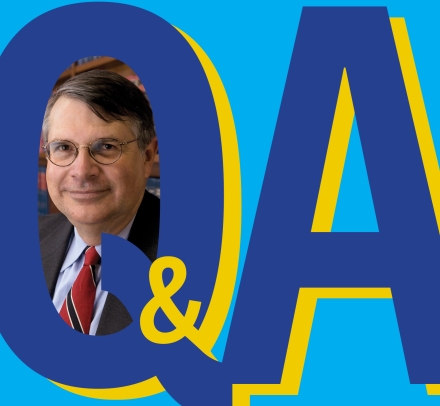Columbia Law Experts on 2024 Supreme Court Decisions
Law School faculty and legal experts offer insights into the high court’s recent rulings.

As the U.S. Supreme Court issues rulings on questions ranging from the power of federal agencies to the Purdue Pharma bankruptcy settlement, Columbia Law experts are speaking with news media to share context and insights into the court’s decisions. Explore some of the latest stories featuring Law School faculty and staff.
This story may be updated as news articles are published.

